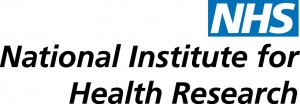
The National Institute for Health Research (NIHR) have recently made a number of developments to improve public and patient involvement in health and social care research. Please see the main points summarised below.
NIHR Strategic Plan for Public Participation and Engagement in Research
On 20 May 2014, the NIHR published a five year strategic plan ‘Promoting a research active nation’ setting out a new programme to encourage public engagement and participation in health, social care and public health research. The plan is a direct response to the opportunity to widen research participation in the population following the passage of the Health and Social Care Act 2012.
The document sets out a range of initiatives including the ‘Ok to ask’ campaign that the NIHR will support to grow the number of people taking part in research.
NIHR make it clear campaign
As of the 14th May 2014 researchers who apply for NIHR funded research will be required to produce a good quality plain English summary.
INVOLVE have been working with the NIHR Programmes and other key stakeholders to:
- review and develop the question and guidance for plain English summaries in NIHR funded research which are part of the Standard Application Form
- develop criteria and propose methods for assessing the quality of plain English summaries
Please see the briefing document or the NIHR ‘make it clear’ campaign website for more information.
Breaking boundaries: thinking differently about public involvement in research
Over almost a decade, patients, carers and members of the public have contributed to the work of NIHR by helping it to decide what research to fund and how it should do this.
NIHR is now inviting views and comments on how it can build on its achievements in public involvement so far to create the sort of active collaboration between the public, researchers and clinicians essential to the delivery of its future ambitions for research and a healthier nation. Of particular interest will be the innovations, ideas and new approaches that will help it break new ground in this important area.
They are inviting anyone and everyone to comment including patients, carers, service users, clinicians, and researchers. Complete the online questionnaire or have a look at the website for more ways to contribute. Responses should be submitted by 12 noon on Thursday 26th June.
People in research website
The original development of People in Research in 2007 was led by INVOLVE on behalf of the UK Clinical Research Collaboration.
The site has a searchable database of opportunities, and researchers can register for the site and add their own projects to the database. These are checked by INVOLVE staff before they go live to ensure that they meet quality standards.
In 2014, INVOLVE redesigned the website to make it more streamlined and user friendly. An advisory group, including members of the public were involved in designing, developing and piloting the site.
Access the website at http://www.peopleinresearch.org/.
International Clinical Trials Day (ICTD) 20th May 2014
 International Clinical Trials Day (ICTD) is celebrated around the world on or near the 20 May each year, to commemorate the day that James Lind started his famous trial on the deadly disease scurvy. It provides a focal point to raise awareness of the importance of research to health care, and highlights how partnerships between patients and healthcare practitioners are vital to high-quality, relevant research.
International Clinical Trials Day (ICTD) is celebrated around the world on or near the 20 May each year, to commemorate the day that James Lind started his famous trial on the deadly disease scurvy. It provides a focal point to raise awareness of the importance of research to health care, and highlights how partnerships between patients and healthcare practitioners are vital to high-quality, relevant research.
On International Clinical Trials Day 2014 the NIHR and its NHS partners promoted the fact that it’s ‘OK to ask’ about clinical research. The ‘OK to ask’ Facebook site has details of the ICTD events that were held across the country. The BU Clinical Research Unit (BUCRU) were lucky enough to be invited along to Poole Hospital’s event where we had the opportunity to chat to patients and staff keen to get involved with research.
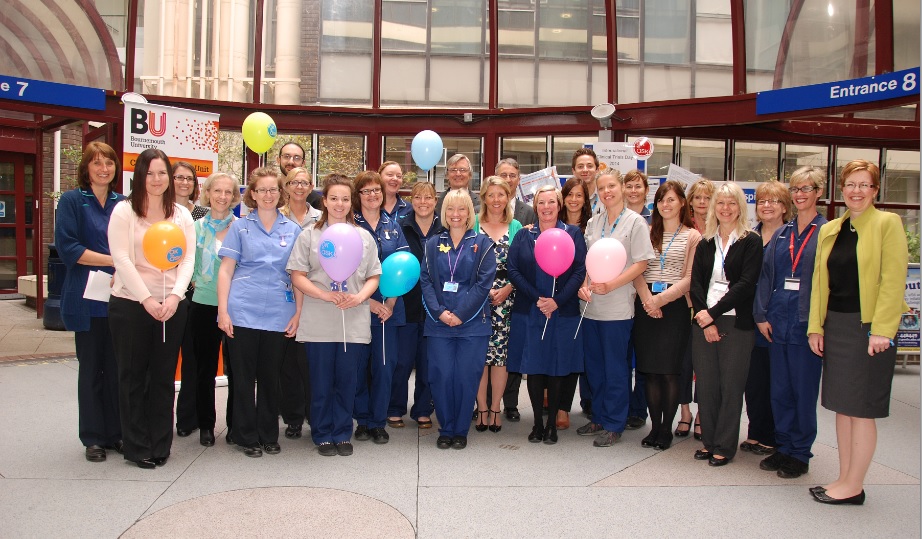
Don’t forget, your local branch of the NIHR Research Design Service is based within BUCRU on the 5th floor of Royal London House. Feel free to pop in and see us or send us an email.
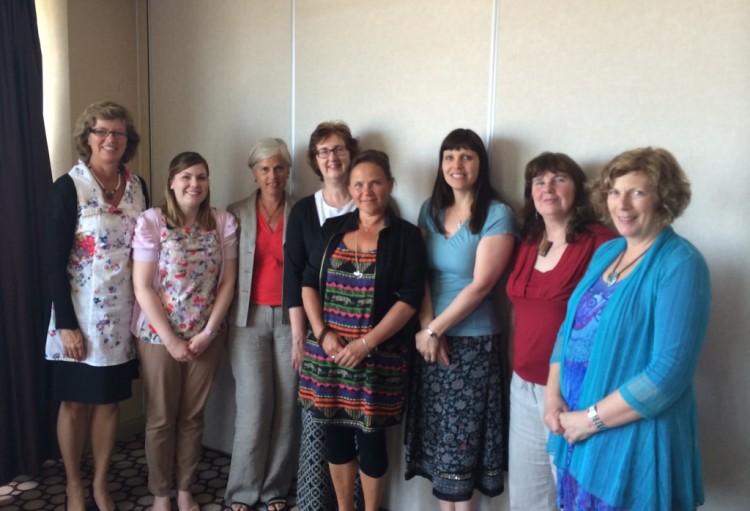


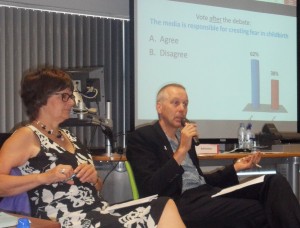
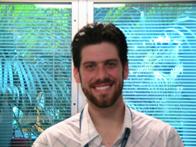

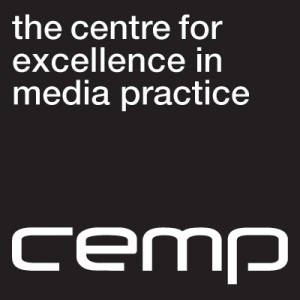



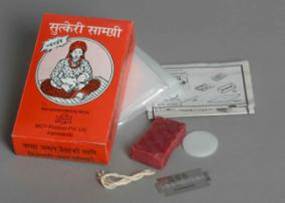






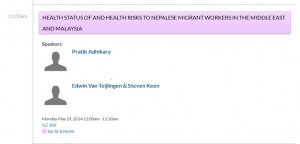

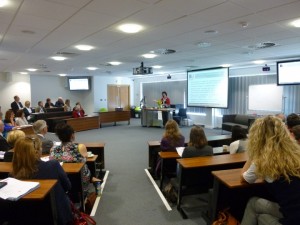
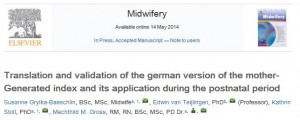


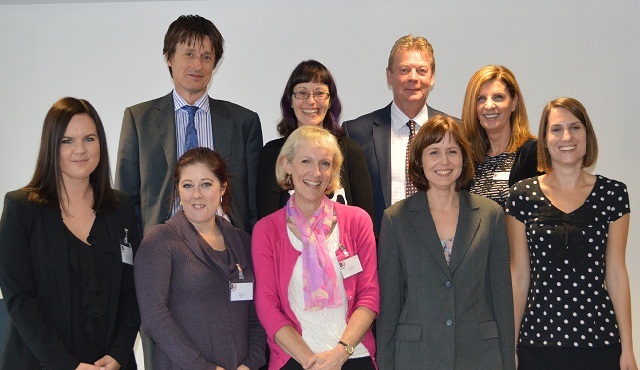











 Second NIHR MIHERC meeting in Bournemouth this week
Second NIHR MIHERC meeting in Bournemouth this week Dr. Ashraf cited on ‘Modest Fashion’ in The Guardian
Dr. Ashraf cited on ‘Modest Fashion’ in The Guardian NIHR-funded research launches website
NIHR-funded research launches website MSCA Postdoctoral Fellowships 2025 Call
MSCA Postdoctoral Fellowships 2025 Call ERC Advanced Grant 2025 Webinar
ERC Advanced Grant 2025 Webinar Horizon Europe Work Programme 2025 Published
Horizon Europe Work Programme 2025 Published Horizon Europe 2025 Work Programme pre-Published
Horizon Europe 2025 Work Programme pre-Published Update on UKRO services
Update on UKRO services European research project exploring use of ‘virtual twins’ to better manage metabolic associated fatty liver disease
European research project exploring use of ‘virtual twins’ to better manage metabolic associated fatty liver disease